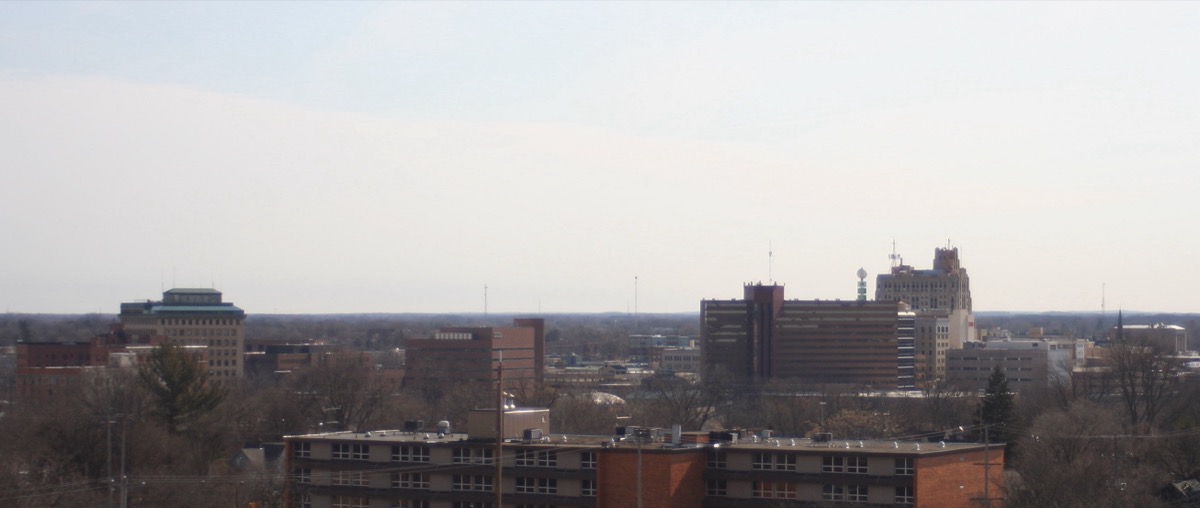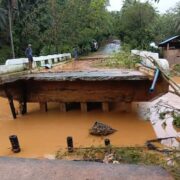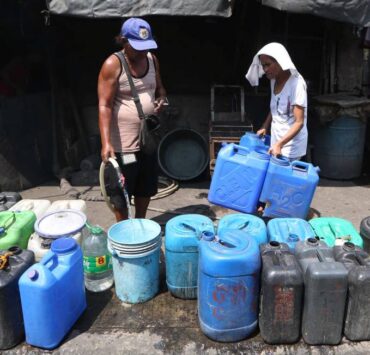US city of Flint still reeling from water crisis, 10 years on

Turning her faucet on one day in 2014, Chanel McGee watched in disgust as a brownish trickle poured out.
Today, a strong musty smell lingers. Residents of the American city of Flint are still suffering the consequences of a historic water crisis, which is fueling a lively rejection of politics—and, by extension, the White House race.
For 10 years, this mother of two from the Canadian border state of Michigan—a key swing state in the November polls—has consumed only bottled water.
The crisis she is living through began in 2014, when Michigan decided to change the water supply to the predominantly Black city of Flint as a cost-saving measure.
Instead of drawing from the region’s lakes, one of the world’s largest freshwater reserves, officials decided to draw from a polluted, acidic river, exposing its 100,000-strong population to severely lead-contaminated water for more than a year.
The health scandal had international repercussions, and —among other issues—caused learning disabilities in many children.
It saw a spike in cases of Legionnaires’ disease, leading to the death of a dozen people and widespread mistrust of public officials.
Those same authorities have said that the vast majority of lead pipes have since been replaced and that the water is now safe to drink.
“They can drink it but I know I’m not going to,” McGee tells Agence France-Presse (AFP).
That distrust of authorities extends right to the top: She says she has no confidence in the two presidential candidates, both of whom are eyeing Michigan—a coveted prize in the November election.
Her thoughts on Republican Donald Trump, who recently visited the state: “What is he going to do for us? Is he going to change something around here? Change the water? Change the city?”
And Democrat Kamala Harris? “I don’t even know who that is,” McGee replies with a shrug. —AFP
AFP is one of the world's three major news agencies, and the only European one. Its mission is to provide rapid, comprehensive, impartial and verified coverage of the news and issues that shape our daily lives.

















